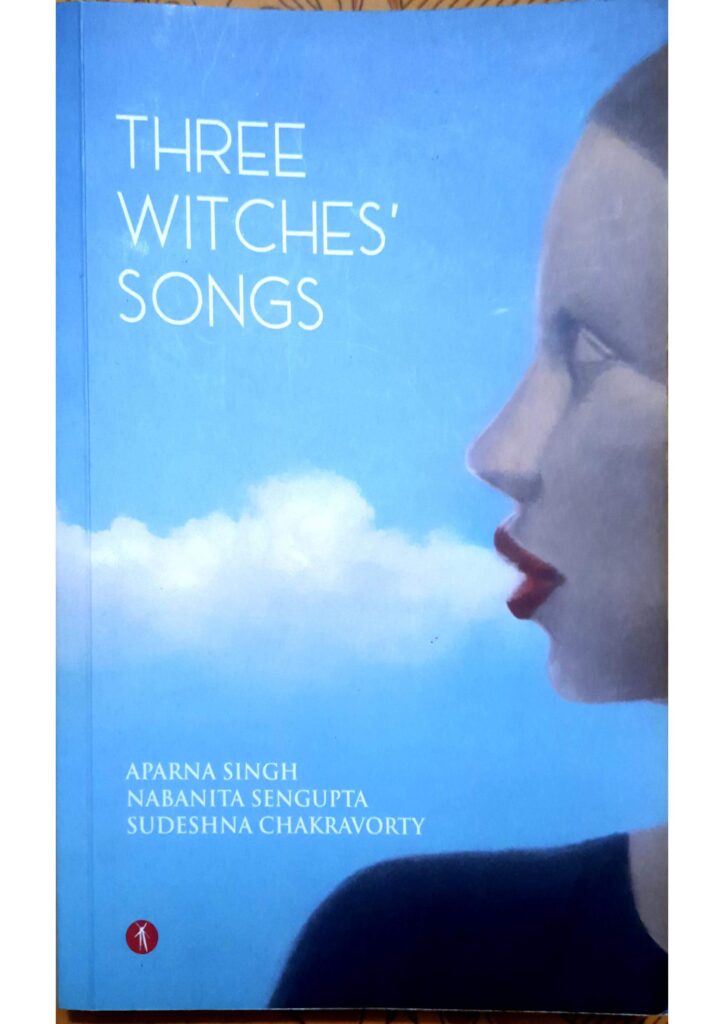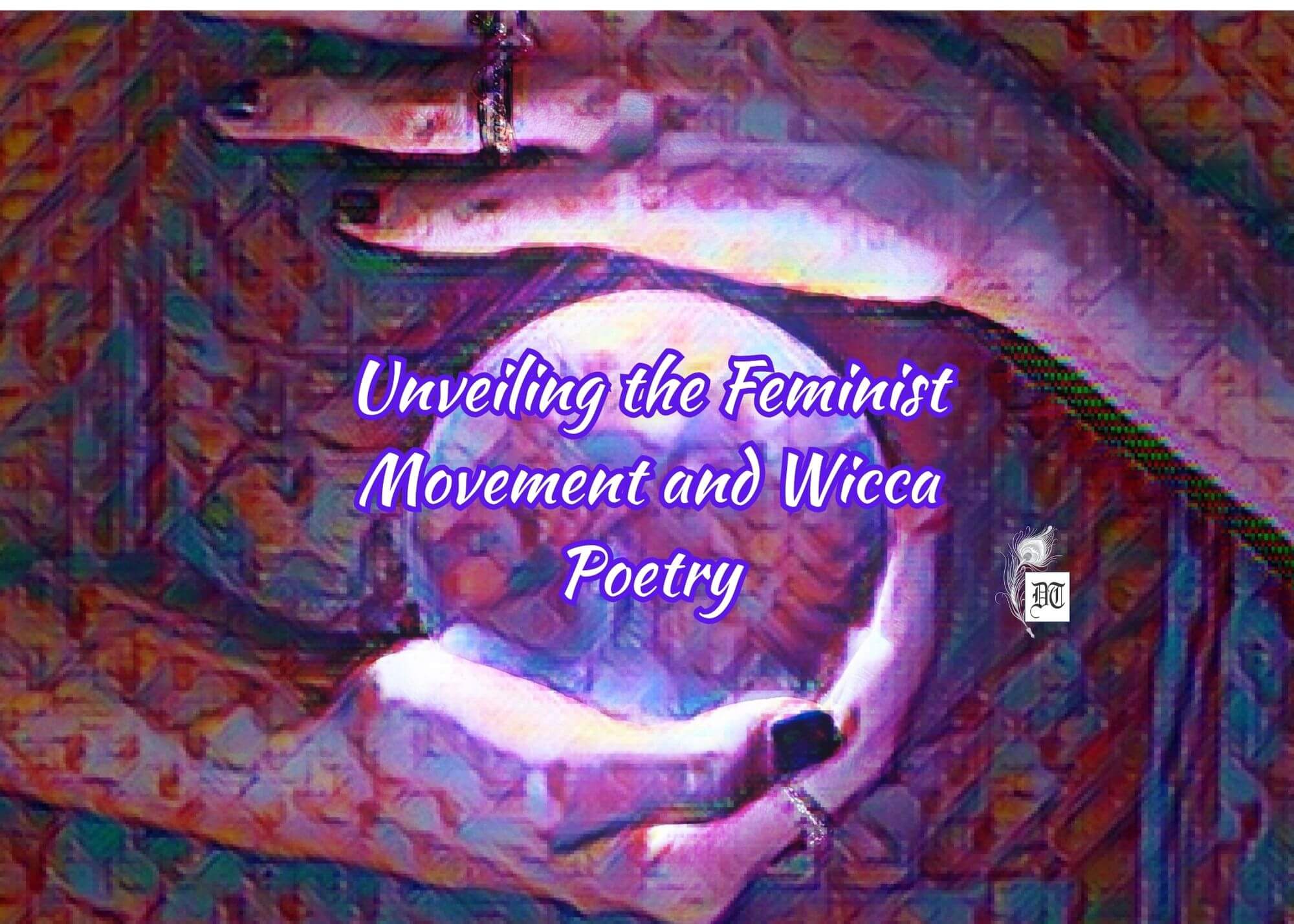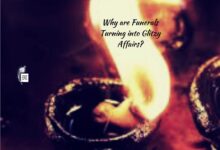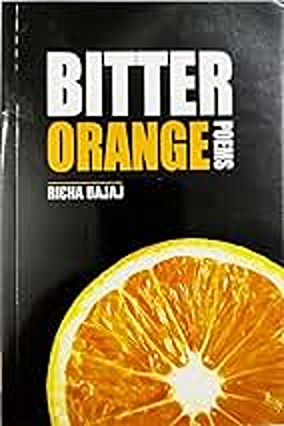Rajorshi reviews The Three Witches’ Song, authored by Aparna Singh, Nabanita Sengupta, and Sudeshna Chakravorty. Three Wiccan poets celebrate feminist expression, challenging misconceptions, and promoting resilience exclusively for Different Truths.

An assistant professor of English (who happens to be surrounded by some so-called feminists) once said, “Witches exist only in fantasies, and there are no witches as there are no wizards…”. When I heard of it, I said that this person is a moron (the softest possible way that I could have dealt with it). If people knew that the word witch, comes from the old English word wicce or wicca, meaning wise, Yes, I am a Wiccan, and I wear it on my sleeves with pride, with dignity and with respect. Wicca, for all practical purposes, is a philosophy and has nothing to do with Hansel and Gretel-style fairytales.
The West spoiled it by dominating strong women and burning them down, and the East took the clue and started practising the same. Goddess Diana (the name emanates from ‘dium’ or sunlight), the Roman goddess of wild animals, travelled east with the western traders and invaders and became “Dayaan”. And of course, like that good professor, the Indian connotation smoked off the negatives. My teacher, the legendary witch Ma’am Ipsita Roy Chakraverti, says, “Every strong woman is a witch…” and being the High Priestess of the Wiccan order, she is right on it. A small suggestion to the decorated feminists: if you want to know anything about being witches, please take the pain of going through her writings. Wicca is supposedly the first ever feminist movement in history, and being a witch goes much beyond just bashing males and blaming everything in life on patriarchy.
A witch is a woman who recognises her strength …

A witch is a woman who recognises her strength to move ahead and aligns herself against all notions of weakness. Almost a few thousand years ago, India had its versions of the witches (the Dakinis and the Yoginis). The 1000-odd-year-old 64 Yogini temple at Hirapur (the one that I had visited multiple times), near Bhubaneswar, Odisha (India), is one where there are no roofs. The yoginis (witches) are free to fly and respond to any call for help. The door to the temple is lower than usual, so you bow and enter the realm of power, strength, and Shakti.
The book in contention is a stream of about 165 odd pages with some very nuanced poetry and an extremely myriad style of presentation. There is this particular string of conversations that binds all of the poems together. The authors are all academics teaching English at various colleges in and around Kolkata. Aparna Singh writes with the pen name Ayana, Nabanita Sengupta as Nerissa, and Sudeshna Chakravorty as Syrma. The very fact that they have woven a piece of fabric out of some very potent verses to form some kind of storyline, where the witches speak, makes this an extremely intriguing collection, if not a unique one. This book happened to me by sheer accident when, in Delhi, at a poetry conference, I met the three ‘witches’, who were in a panel speaking about this book The discussion and then their readings in the form of a conversation blew my mind, and it just took me a few hundred rupees and about a few minutes to have the book in my hand.
I would go through each of the poets, one by one, and then try to consolidate the whole thing into one…
Aparna Singh (Ayana)
Aparna (Ayana) opens her account in this book with the poem Passport. The old passport that she finds egged on her motionless dynamism.
It coaxed me into long-lost diaries, punctuated with slippery remembrances.
And then she moves on to a Re-Turning, which starts with Pain as her only company and how she’s slowly trying to touch her inner self while wading through the darkness. In both of these pieces, there are pieces of the spirit that try to cope with the body.
To dive again in search of That rare self that kept her afloat.
This bit of optimism does wonders for an otherwise dark piece of poetry.
This bit of optimism does wonders for an otherwise dark piece of poetry. Then she wishes that her little girl (My Little Girl) was barred from entering the adult world, where blooms are there but the hummingbirds hover too. This is followed by Daughters, which is, I must admit, an interesting concoction of the spirit and the body, especially in the refrain…
Milk of her thoughts
Which must have fused
The brain and the heart
Ayana ends her stint in this book with the poem Journey…
In cloudy maze of lost desires Maybe you suffer in ignorance Sadly, denying their silent presence...
In the book, The Voice of the Priestess, please pay attention:
It is interesting to note at what point in time pain ceases to be pain. It is interesting to note the metamorphosis of agony into restful nonchalance. ...and to say to them - ‘I have my own strength. too. The strength which comes because I no longer care’.
Nabanita Sengupta (Nerissa)
Nabanita’s first poem in this book is titled Archived. After going through Nerissa’s poem, there’s a feeling that leads more towards her contemporaries. Though witches are not ancient, their knowledge is, and a witch (or, for that matter, a wizard) is supposed to look at the challenges that encircle the world time and again. Here the poet says:
we speak a language of deja-vous and count the growing age of memories, waiting till the gate opens once more
Sita Speaks is a foray into some unidimensional sentiments about walking out of a set hearth…
Sita Speaks is a foray into some unidimensional sentiments about walking out of a set hearth to migrate and that ‘vanvaas’, in which the wife follows suit. The last line is hard-hitting: “I remained in my own forests of broken dreams and fractured self.”
From here to Evenings of Transgression, it is a pretty long journey through poundings and objectification of a woman’s body and a Female lump of flesh. The moods of her poems have had a sinusoidal effect. Of a Mother’s Love soothes over from the heat of breathless painfulness.
In the breeze that washes over us I find stories of comfort and tales of a blind trust.
Through Ways of Love, wherein “Eve has been forever witch-hunted,” to Crisp Forty with “I unclipped my wings/some forty suns late…” Nerissa ends with the Lockdown Women @ 10 p.m. The last poem is particularly interesting, wherein she waits for 10 p.m. to arrive, even during the lockdowns of the pandemic.
pm can you conjure From so many selves, the real me?
The poems of Nabanita are also pretty well known to me and she has this signature style …
The poems of Nabanita are also pretty well known to me, and she has this signature style with which she exercises her pen. Here, the Beloved Witch, Ma’am Ipsita Roy Chakraverti, in her book The Voice of The Priestess, says:
I am Lakshmi. I am Diana. I am Isis. I am the Bride of Knowledge. The Priestess of glittering noon and the purple night. I am Life. I am Eternity. I am That which is never destroyed.
Reading between the lines, a genuine witch is omnipresent, indestructible, and eternal.
Sudeshna Chakravorty (Syrma)
Unlike the other two authors, I was introduced to Sudeshna’s words and verses through this book, and pleasantly, as I may feel, her writings had given a third dimension to the whole fabric that the witches had intertwined to weave. The warps and the wefts were given a different colour and the whole shade of the fabric changed with her work. Syrma starts with Wings of Fire, the story of Ucarus and Icarus, the story of a brother given more privilege than the sister, and how the eventual failure of the brother gives the sister something to silently smile about.
Clutching the spiel of unused thread close to my heart, For a moment, I allow myself a victor's smile…
Syrma’s poems in this book are perhaps the strongest and hold onto the structure and design of the book.
Syrma’s poems in this book are perhaps the strongest and hold onto the structure and design of the book. A few punch lines spread over her poetry render a different type of spiciness to the whole music, like in The Revenge,
in that fear triumph... from being pinned down into immobility...
…
But bodies too need their revenge, you see...
These lines can knock one’s head off just with a sprinkle of a few words. Then her take on the Dark Lord or The Sin, but the most hard-hitting one was True Love’s Kiss
Not extracting revenge, as I lay insensate -
….
You call it Magic? I call it Love.
She signs off with The Exit Clause with some strong punches
m afraid... you lose the 'Goddess' In not giving the 'Devil' her due.
Ma’am Ipsita Roy Chakraverti, in her book The Voice of The Priestess, says:
Let us merge with the wave and storm, fire and cloud. Find your Love there. Let the flames warm your long limbs, and the fragrance of a thousand roses mingle with your silken hair. You were never meant to be handmaidens, You were the Chosen Ones.
Conclusion
Overall, it was a delightful read, but the heart of this book lies in the way the poems have been woven through some conversations that are independent of the poems. I find this to be an aesthetically pleasing piece of feminist protest.
My Wiccan teacher had always spoken to us about the mind, body, and soul.
But a few words deserve mention here. My Wiccan teacher had always spoken to us about the mind, body, and soul. I found a little bit more stress in the body part of it. Secondly, a witch needs to be confident in her prowess and herself. I would have liked to read pieces of strength and more power rather than just the grimaces of torture at the hands of patriarchy. This compulsive walk to only the negatives takes you a wee bit too far from being that “every strong woman is a witch”.
Lastly, the publisher needs huge credit for getting such a sensitive topic to print and also for getting the three witches to write their verses in sync. Here’s waiting for the witches to come together again for some more delicious feasts of strong poetry.
Stop and realise that you were made for the Great Arena. Where can you run? And do not try to forget. Remember where you are. You cannot make a paradise of a battlefield, poor fool. The Voice of the Priestess (Ipsita Roy Chakraverti) And, well, what happened to the moron? The good professor lived in his fantasies...ever after.
Picture design by Anumita Roy; cover image sourced by the author





 By
By
 By
By
 By
By
 By
By